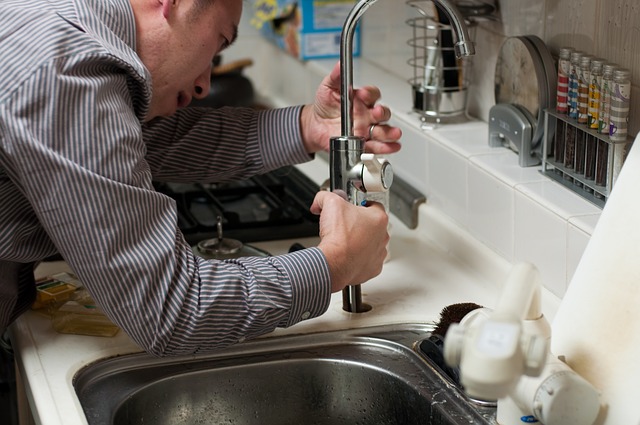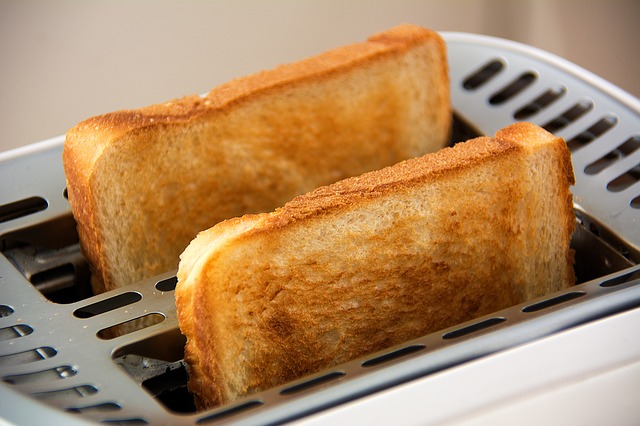By now, in most cases, your student BTL property is empty. The summer is here and it’s time to commence any work that might need doing ahead of the students arriving in the autumn. When you go through the property looking for things that need replacing or repairing, and organising any safety certification, there are a few things that you might forget. Some issues are easily overlooked, addressed only when there is a problem, and those that could cause problems in the long run.
Check/Replace Carbon Monoxide Detectors
Any HMO that has gas appliances or gas heating should be checked regularly. It is also a legal requirement to have CO detectors in every room with a gas appliance and ensure they are in safe working order. They do wear out over time, become useless, and need replacing. If carbon monoxide leaks, it could make your tenants seriously ill, or worse, kill.

Smoke Detectors
In a recent survey by a well-known property compliance organisation, around 40% of the properties studied had non-existent or faulty smoke detectors. Most “faults” were simply dead batteries that nobody had checked recently. It may be in the contract that your student tenants are responsible for checking and replacing them but take nothing for granted.
Trip Hazards on Stairs
One item that his not a legal requirement but could leave you open to being sued on health and safety grounds is the stairs. Loose bits of carpet, frayed edges, uneven surfaces such as loose floorboards, all create trip hazards. Stairs are one of the most common places for people to take a tumble and suffer injury. Ensure yours are as safe as possible and that carpets are secured.
Damp
The government is particularly keen to crack down on damp issues in HMOs where the issue is most prevalent, especially in older houses. The survey revealed that 4% of problems of this kind existed throughout the housing stock. This isn’t just damp in the foundations, but lack of proper ventilation in the rooms too.

Faulty Electrics
Electrical problems comprise 11% of all problems found in HMOs, ranging from minor to major. The most common issue is damaged cables. The plastic or fabric covering protects the bare wires from proving a hazard. Each year, all small electricals should be checked for fraying cables and replaced if problematic.
Why The Above Issues are Important
With regulations coming into effect over the next couple of years covering gas and electrical safety, energy performance and the Fitness for Human Habitation Act, it’s vital that property owners keep on top of what might otherwise seem minor issues at the time. In future, present and past tenants will have the right to sue.